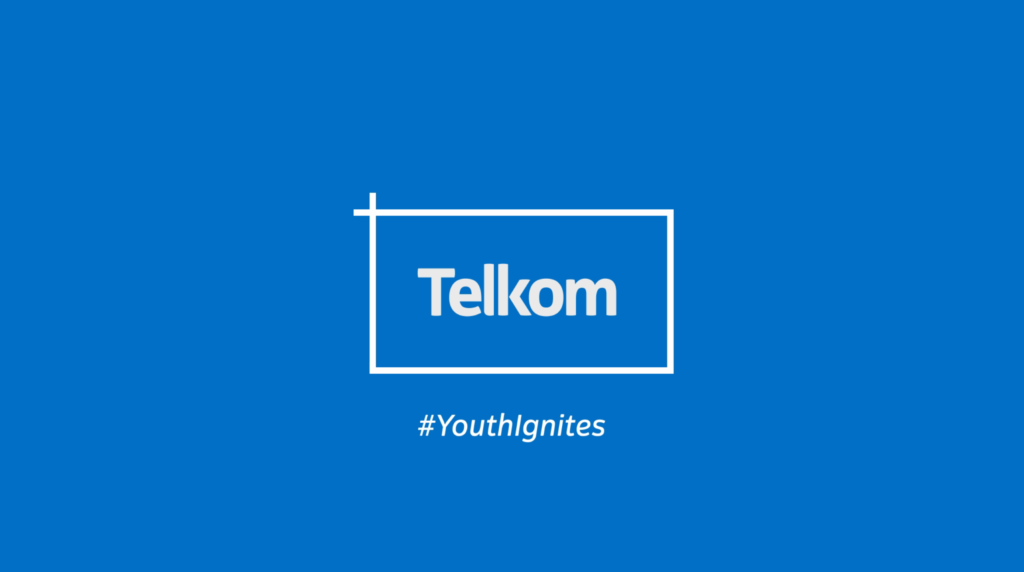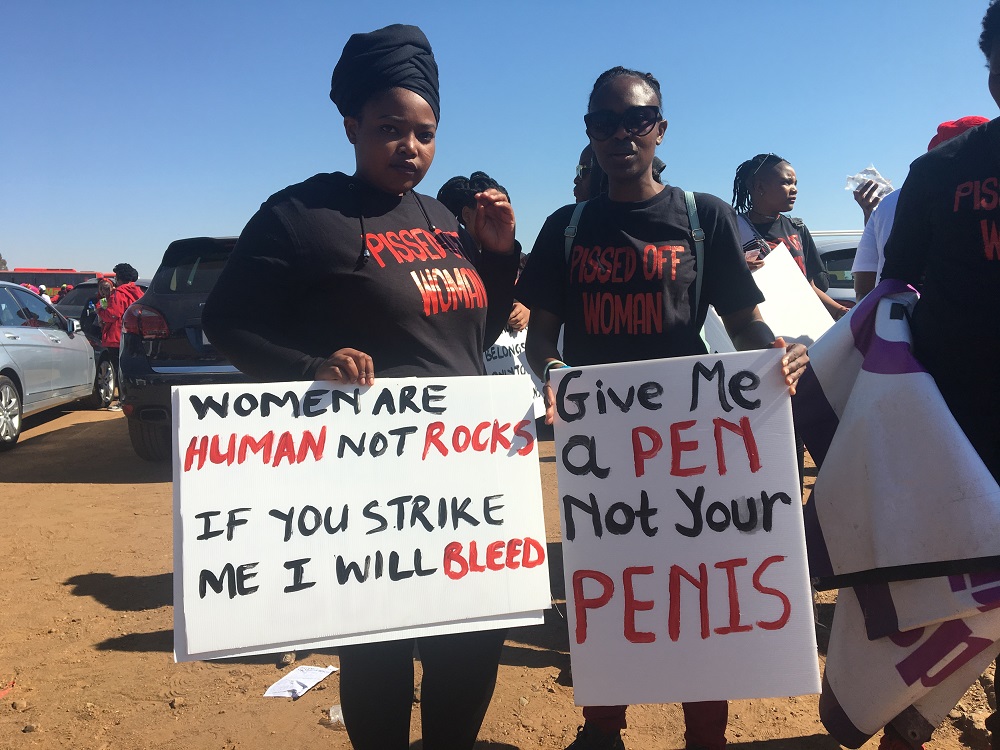SPONSORED COMMENT
On May 2, 2019, President Cyril Ramaphosa should have signed the national strategic plan against gender based violence in South Africa, writes LEBOHANG MASANGO.
“To be a [woman] in this country and to be relatively conscious is to be in a rage almost all the time.” While James Baldwin refers to “negroes” during his lifetime from the 1920s through to the 1980s in the United States, I find that amending it as I have still makes it infuriatingly true.
For South African women, girls and people on the Lesbian, Gay, Bisexual, Transgender, Queer, Intersex and Asexual (LGBTQIA+) spectrum today – patriarchy and misogyny exist unchecked in our society and have devastating consequences for our lives. I am frustrated. I am disgusted. I am doing my best to not be weighed down by fear. As I think about youth month and the great deal of attention that is paid to issues related to young people such as education, employment and the actual events of June 16, I also think of the many young people whose lives cannot be fully realised due to the high levels of violence and threat to personal safety and wellbeing in our country.
We know the names of the dead and disappeared, as killed and abducted by men. We know the names of the victims of hate crimes, as committed by men. We know the names of perpetrators, who are men. We know the statistics. We know the phrases that have had to be invented to represent the hateful deeds committed and lives lost: femicide, intimate partner violence, gender based violence, homophobic rape. We know that #TotalShutdown, #NotInMyName and #MenAreTrash are movements online and in real life by ordinary citizens doing their best to draw attention to this very real problem We know how to plan for our safety and what precautions to take in both private and public encounters with men. We know all of this so well that it has become mundane. It exists as the background noise to our everyday lives.
In her book, Rape: A South African Nightmare (2015), Professor Pumla Dineo Gqola refers to this mundanity, experienced as threats of and actual violence, as the female fear factory and states that it is:
spectacular in its reliance on visible, audible and other recognisable cues to transmit fear and control… The threat of rape is an effective way to remind women that they are not safe and that their bodies are not entirely theirs. (Gqola 2015: 78 – 79)
It is shameful that the South African state has allowed and enabled the reproduction of the female fear factory for as long as it has through the obvious lack of urgency about the highly abnormal fact that our violent society finds outlets in the bodies of women, queer people and children.
South Africa has achieved so many positive things in the past 25 years of democracy such as providing homes, state assistance and free healthcare to many of our people who need it most. However, the presence of women in parliament and various government structures has been merely an exercise in optics. The presence of women in powerful positions has not yielded any tangible benefits for women, at least not in the areas which are most concerning. In addition, I am unable to think of anything substantial that has been achieved by the Department of Women, Children and People with Disabilities nor the Department of Women apart from the recently reconstituted Commission on Gender Equality. What have women, specifically young women, benefitted in the past 25 years of democracy, besides the act of living in a democracy? Besides a favourable Black Economic Empowerment (BEE) status, there has not been much.
Until freedom in South African includes the freedom from violence in our bodies and the freedom to experience a fullness of joy in our humanity without constantly having to imagine and plan for the worst and until our state does more to make men understand that their freedom does not include the freedom to violate and persecute anyone who they believe is weaker than them, then really, what strides have we made? I hate to be as cynical as I seem in this article but I truly do look forward to the day when Youth Day comes around and the government has so much more to reflect on beyond Hector Pietersen and the Soweto Protests because they would have actually applied themselves to creating meaningful change in the lives of young people in South Africa.
Lebohang Masango has a Master’s degree in Social Anthropology from the University of Witwatersrand, South Africa. She is the author of children’s book, Mpumi’s Magic Beads (David Philip Publishers, 2018), which is available in 9 of South Africa’s official languages, and The Great Cake Contest (Book Dash, 2018). She is also a UNICEF South Africa advocate for volunteerism. She is currently one of the 25 young women from Southern Africa selected to be part of the inaugural Zanele Mbeki Fellowship in feminist leadership.
The views expressed in this article are the author’s own and do not necessarily reflect the editorial policies of The Daily Vox.










